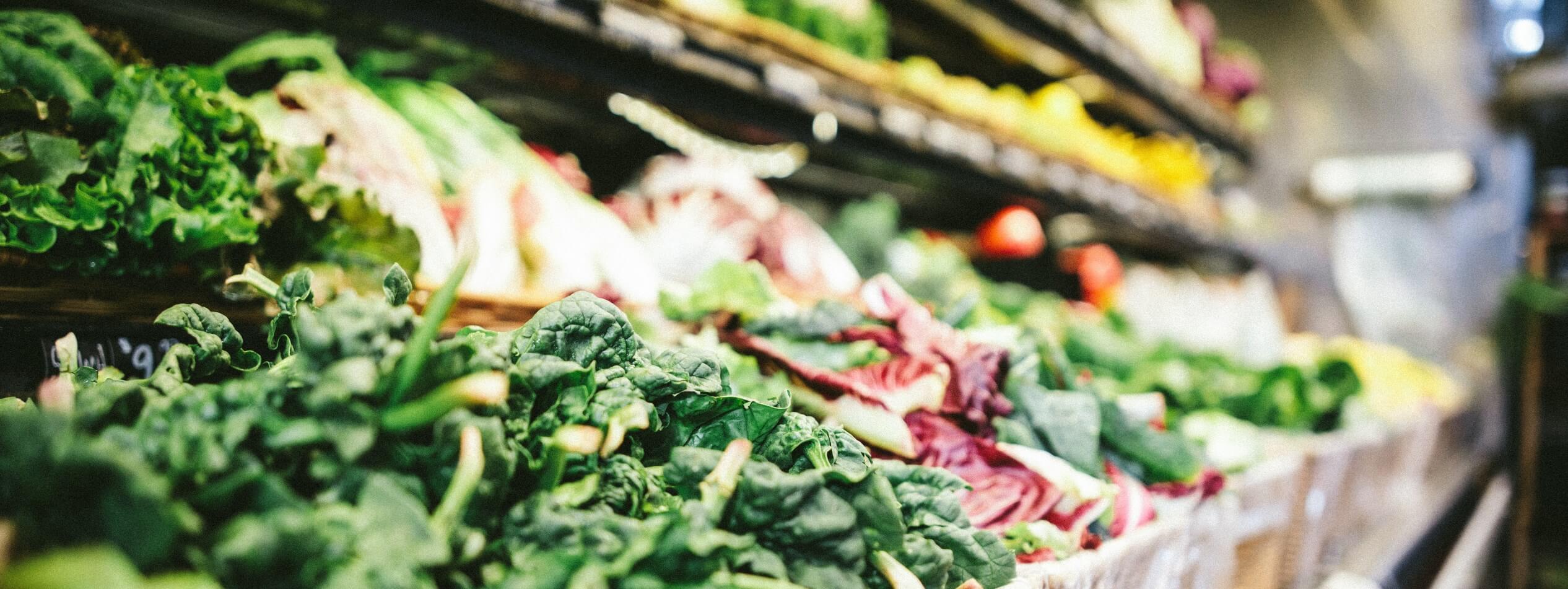Should I only buy local produce? I see this question come up often, especially on social media. People are often upset by produce on shelves which is not locally produced. I must say up-front that as a basic principle, I believe that we should all support our local farmers. That said, this question of only buying local produce is quite complex.
The question of why
One of the layers of complexity is the question of why. Why is it important to buy only local produce? There are multiple reasons. There is an environmental impact associated with transporting food, supporting local business is good for economic growth, supporting local businesses is good for social development, and it is uncertain whether other countries implement ethical practices.
One of the layers of complexity is the question of why. Why is it important to buy only local produce?
For the sake of this blog, I am only going to consider the question of environmental impact. The other questions are very important, but are outside the scope of my knowledge and insight.
Where is local?
One of my big questions for people fanatically saying we should support only local is, where is local? Is local my town? Or is local my district, province, country, continent? This question links back to the previous one. If the goal is about supporting local businesses, then the closer to home, the better. If the goal is environmental protection, then it is a lot more complicated than just supporting local farmers.
Agricultural produce is best suited to certain regions. Getting access to a variety of agricultural produce means sourcing this produce from a variety of regions. There is most often a significantly lower environmental impact associated with transporting food from a region where it is more suited to be produced than forcing the growth of that produce in the not-ideal local region. Another concern is that just because a farmer is a local farmer, it does not mean he or she implements sustainability best-practices. They may have a much larger environmental impact while producing a packet of carrots than the progressive farmer from the next region.
Importing of goods is further driven by consumers demanding produce that is not able to be grown locally at all.
A willingness to sacrifice
Supermarkets have had to source produce from wherever they can find it to meet the consumer desire of having access to all types of produce throughout the year. Because most produce is seasonal, this means sourcing from different regions at different times of year. Importing of goods is further driven by consumers demanding produce that is not able to be grown locally at all. When desiring to support local the question therefore becomes, how willing are you to sacrifice access to the multitude of produce throughout the year that we have become accustomed to?
Once again, the question needs to be asked, what farming practices are being implemented in the production of that food? Some imported goods may come with a very high environmental price-tag, while others may not. This all depends on the agricultural practices.
What should consumers do when approaching the question from an environmental perspective?
For consumers that are really interested in reducing the environmental impact associated with their food, I believe there are some practical options. The first is to ask how the food is produced in the first place? Are sustainable methods used, or was the food produced through conventional agriculture? Are the farmers you are supporting implementing progressive practices with the aim of reducing their environmental impact and regenerating agricultural land?
The second is to adapt eating habits to fit seasonal trends. The chances are, when eating produce out of season, that it was either grown somewhere else, or that extreme measures were taken to grow that produce locally. These extreme measures will almost always result in greater environmental impacts.
Conclusion
I am not an advocate for the approach of only buying local produce. I do think it is important to support local farmers, and I think the greatest priority is to support local farmers who are implementing sustainable practices. But I don’t think this comes at the exclusion of buying other produce.
What is more important is becoming conscious of how our food is produced, no matter where it comes from. This especially includes considering what it would have taken for food to arrive on the shelves of your local supermarket. We can only really make informed choices on a product-to-product basis. Applying a rule, such as only buying local produce, eliminates an appreciation for the complexity of the issue.
- A carbon footprint assessment for pasture-based dairy farming systems in South Africa - 2024-02-07
- What progress have farms participating with Trace & Save made over the past 10 years? - 2023-09-06
- Carbon footprint reduction over time: Lessons from pasture-based dairy farms in South Africa - 2023-09-04


